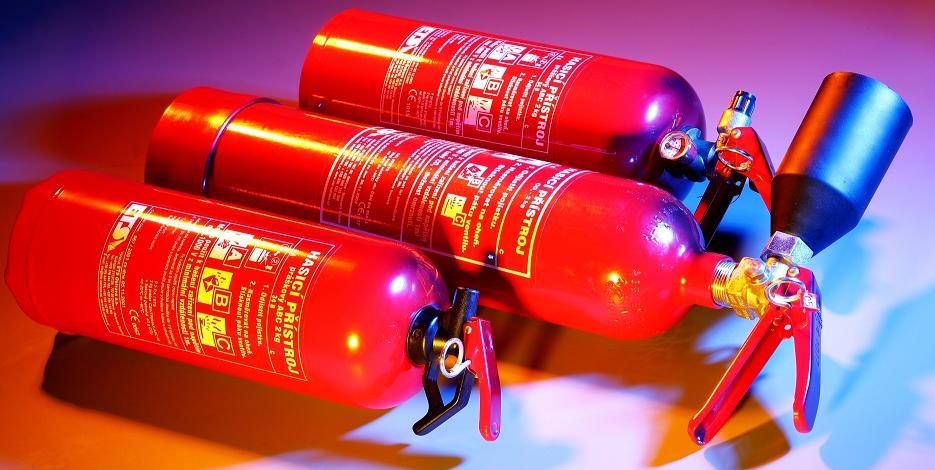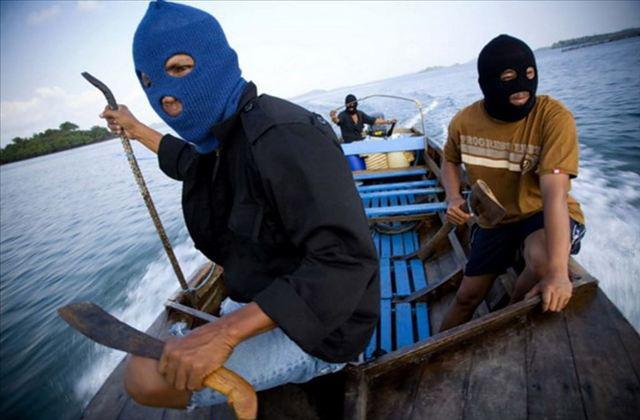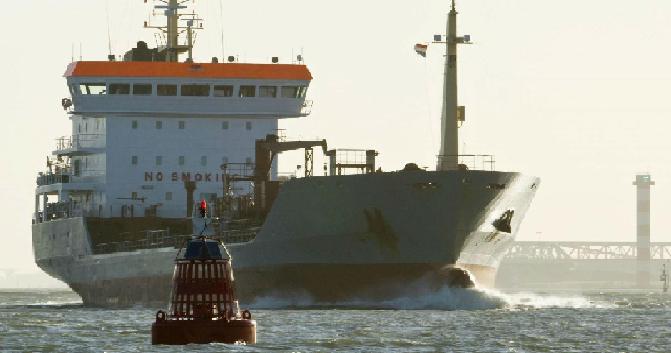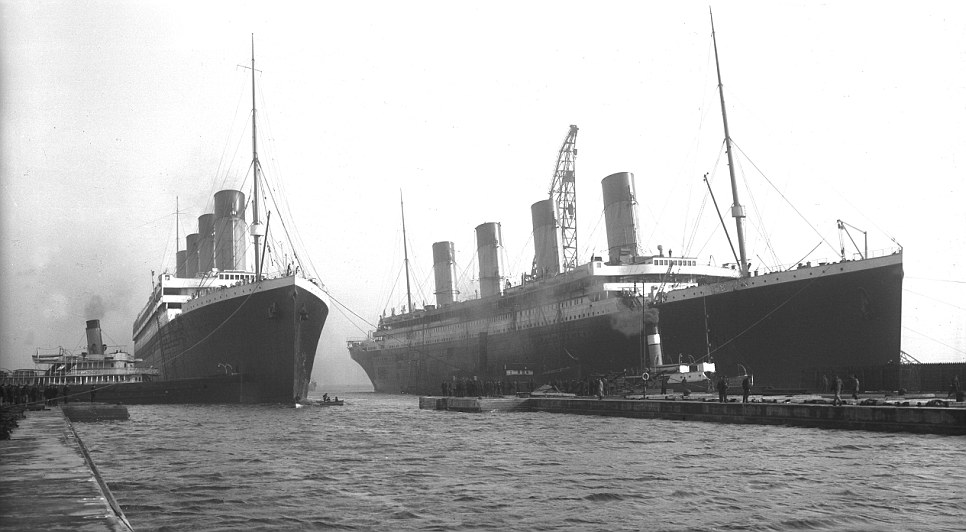
Fire is one the most dangerous events that could happen to a ship. A fire can occur either at a port or even during sailing at sea. Fire extinguishers are one of the equipment used to control fire on board ships and there are different types of fire extinguishers for different purposes.
This information comes in handy and even though all mariners would have undergone the STCW courses of Advanced Fire Fighting or at least Basic Fire Fighting, still it is always better to read and keep the information refreshed at all times. This is very important to as the information could come in handy any time and mean the difference between safety and fatality.
There are different classes of fire extinguishers that are used in ships. Basically the classification is based on the types of fires since each type of fire is given a specific class depending on the source or fuel and hence even the fire extinguishes are classified accordingly.
Class A
The first is the class A fire extinguishers. These are used to control fires that are caused by burning wood, glasses, etc.
Class B
The class B fire extinguisher is used to control any fire that is cause by liquids like lubricating oil, fuels, etc. These fires are common in ships that carry fuels. These fire can spread fast so must be controlled quickly.
Class C
The class c types of fire extinguishers are used to control fires that are caused by electrical equipment and switches. Fire from electrical faults or a short circuit could result in such types of fires.
Class D
The class D types of fire extinguishers are used to control those fires that are caused by combustible materials like magnesium, aluminium, etc.
Class E
The class E types of fire extinguishers can be used to control fire that is cause by any of the factors mentioned above. Apart from those these types of fire extinguishers can be used to control fires that are caused by high voltage.
After discussing the types of fire, let us now some of different types of portable fire extinguishers that are normally used to crush those fires.
Soda acid extinguishers are used to fight the class A fires as mentioned above. In these case the sodium bicarbonate and sulphuric acid, combine together in order to create carbon dioxide which controls the fire.
The water extinguisher is another common type of extinguisher that is used in ships. It is basically used to control Class A type fire again.
The foam extinguishers are used to control the class B fires. They use chemical foam to control the fire. However, the foam extinguishers are now banned in ships. This is mainly because they create a poisonous effect which could be deadly in enclosed environments, though mechanical foam extinguishers are still used in ships to control fire.
Another very common type of fire extinguisher that in use is the carbon dioxide extinguisher, they are used to control both class B and class C fires. They are not used in places of accommodation in the ships. This is obvious because carbondioxide is dangerous for human beings if inhaled in large quantities and can cause suffocation or even death.
The dry powder extinguisher is used in almost all types of fire that are known. They are kept in the engine rooms and in the areas containing electrical equipment.
We hope these different types of fire extinguishers will help you to understand how important it is to use the right type of extinguisher for the right fire. On the body of the fire extinguisher itself you will find the class of the fire extinguisher mentioned. When you encounter fire don’t panic do act swiftly and if you know the right type of fire extinguishers to be used you would save much time.
Take the fire extinguishers quiz to find out how much you actually know about this topic.







